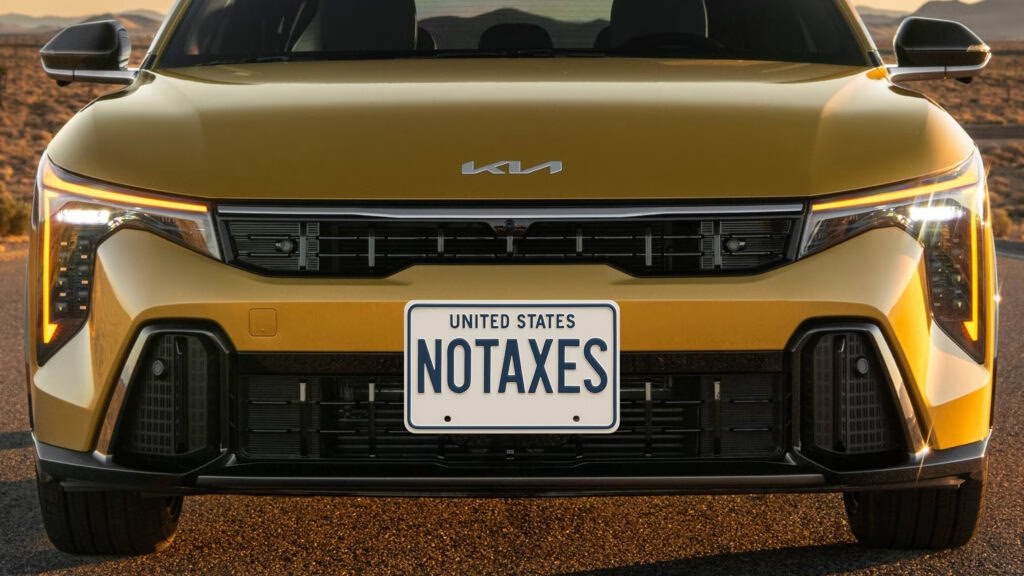Why Is New Haven Cracking Down on Car Tax Evasion?
If you live in New Haven, Connecticut, you might have noticed a recent buzz about car taxes—and not the good kind. City officials have started to take a much tougher stance on drivers who dodge their vehicle tax obligations. Why? Because those unpaid taxes add up, and the city’s roads, schools, and emergency services depend on every dollar.
It’s not just about plugging a budget hole. According to Mayor Justin Elicker, residents consistently ask for better streets, more teachers, and increased police presence. All those improvements cost money, and car taxes are a significant piece of the puzzle. When some drivers skip out, everyone else picks up the slack. That’s why New Haven has decided enough is enough.
How Are Tax Evaders Being Identified?
This isn’t your run-of-the-mill parking enforcement. New Haven has hired a specialized company to dig deep into tax records, cross-checking addresses and license plates. The process is surprisingly hands-on: investigators actually patrol neighborhoods, scanning for cars that look suspiciously out of place—sometimes tucked away in driveways, sometimes parked right out front.
Once they spot a potential tax dodger, they dig further. If they can prove the car owner lives in New Haven but hasn’t registered their vehicle locally, the city sends a tax bill. It’s a methodical approach, and it’s already paying off. Over 500 unregistered vehicles have been flagged so far, and the city’s not slowing down.
What’s the Impact So Far?
Let’s talk numbers. Of those 500-plus flagged cars, 180 owners have already come clean, admitting they live in New Haven and agreeing to pay up. That’s not just a slap on the wrist—it’s real money. More than $27,000 in new tax revenue has already been collected, with more expected as the crackdown continues.
This isn’t just a local phenomenon. According to the Urban Institute, property taxes—including vehicle taxes—make up nearly half of all local government revenue in the U.S. When even a small percentage of residents skip out, the ripple effect can be huge. New Haven’s approach is a case study in how cities can recoup lost funds without raising rates for everyone else.
Are All Accused Drivers Actually Guilty?
Not everyone caught up in the sweep is taking it lying down. Some drivers are fighting back, arguing that they don’t actually live in the city and therefore shouldn’t have to pay New Haven’s car taxes. City officials say they’re not interested in taxing non-residents, but they’re determined to chase down anyone genuinely trying to game the system.
It’s a tricky balance. On one hand, aggressive enforcement ensures fairness. On the other, there’s always a risk of snaring innocent drivers in the net. That’s why the city is encouraging anyone who receives a tax bill to reach out and clarify their situation, rather than ignoring the notice and hoping it goes away.
Why Does This Matter for Everyday Residents?
You might be wondering, what’s in it for me? Simple: when everyone pays their fair share, the city can deliver better services without hiking taxes across the board. Think smoother roads, safer neighborhoods, and better-equipped schools. It’s about building a community where the rules apply to everyone, not just the rule-followers.
There’s also a broader lesson here. Tax evasion—whether it’s on property, vehicles, or income—undermines trust in local government. When people see their neighbors getting away with it, they’re less likely to comply themselves. New Haven’s crackdown sends a clear message: fairness isn’t optional.
What Can Other Cities Learn from New Haven’s Approach?
New Haven’s strategy isn’t just about catching a few bad apples. It’s about using data and boots-on-the-ground investigation to make tax collection smarter and more efficient. Other cities facing similar challenges might take note. By investing in targeted enforcement, municipalities can close loopholes without resorting to blanket tax increases.
Transparency is key. New Haven officials have been upfront about their goals and methods, which helps build public support—even among those who might grumble about paying more. And by allowing residents to contest their bills, the city is trying to strike a balance between rigor and fairness.
The Big Takeaway
Dodging car taxes in New Haven isn’t the clever loophole it once was. The city’s new approach is about smarter enforcement, not just more rules. The result? More money for public services and a fairer system for everyone. The big takeaway? Paying your car taxes isn’t about perfection—it’s about smarter adjustments. Start with one change this week, and you’ll likely spot the difference by month’s end.

